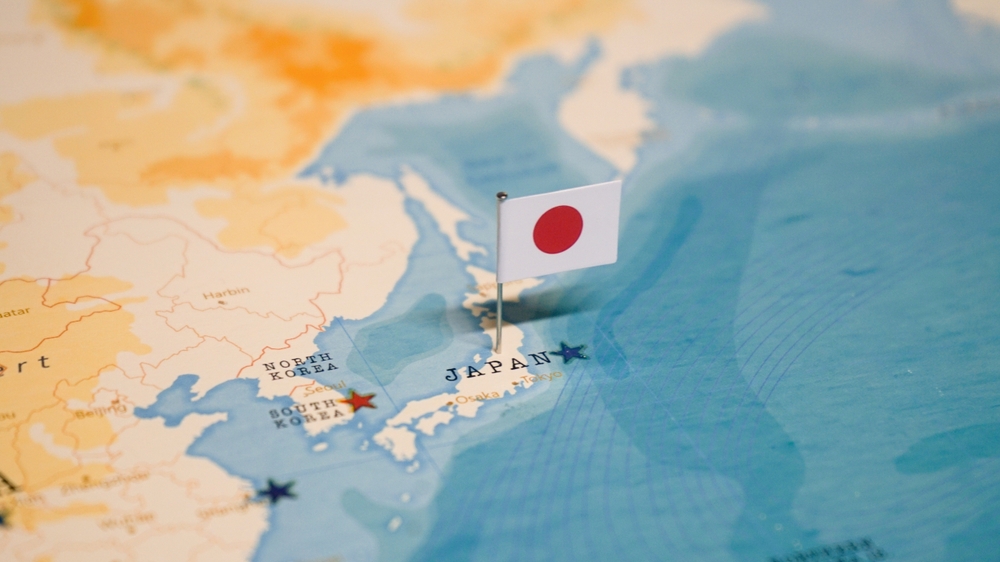Auto sector hit hard amid rising trade tensions with U.S.
Japan’s exports fell 1.7% year over year in May, marking the steepest decline since September 2024, according to data from the Ministry of Finance. While the drop was milder than the 3.8% contraction forecast by economists polled by Reuters, it reversed April’s 2% gain and underscored the country’s deepening trade challenges.
Exports to key trading partners were notably weak. Shipments to the United States dropped 11.1%, while exports to China declined 8.8%. The auto sector was hit particularly hard, with global automobile exports down 6.9%. Exports of motor vehicles to the U.S. alone plunged 24.7% compared to May 2024. Japanese carmakers accounted for more than a quarter of total exports to the U.S. last year.
Tariffs and policy uncertainty fuel decline
Japan faces a 25% U.S. tariff on auto and steel exports, with a new 24% reciprocal tariff set to apply to all other exports starting July 9. These measures, along with stalled negotiations between Japanese and U.S. officials, have contributed to trade uncertainty. President Donald Trump called Japan “tough” in trade discussions after six rounds of unsuccessful talks with Japanese negotiator Ryosei Akazawa, Commerce Secretary Howard Lutnick, and Treasury Secretary Scott Bessent.
The Bank of Japan acknowledged in its latest monetary policy statement that exports were likely to soften further, dragging down corporate profits and overall economic growth. Moody’s Analytics economist Stefan Angrick called tariffs the “main threat” to Japan’s outlook and warned that even with concessions, a return to pre-Trump trade conditions is unlikely.
Imports decline, GDP contracts
Imports fell 7.7% in May, outpacing the 6.7% decline expected by analysts. The country’s trade deficit came in at 637.6 billion yen, smaller than the 892.9 billion yen projected by Reuters. However, the broader economic picture remains fragile. Japan’s GDP shrank by 0.2% in the first quarter, the first quarterly contraction in a year.
Equity Research Analyst Louis Chua noted that Prime Minister Shigeru Ishiba views the automobile sector as a “major national interest” and will likely prioritize protections for the industry in ongoing trade talks.


